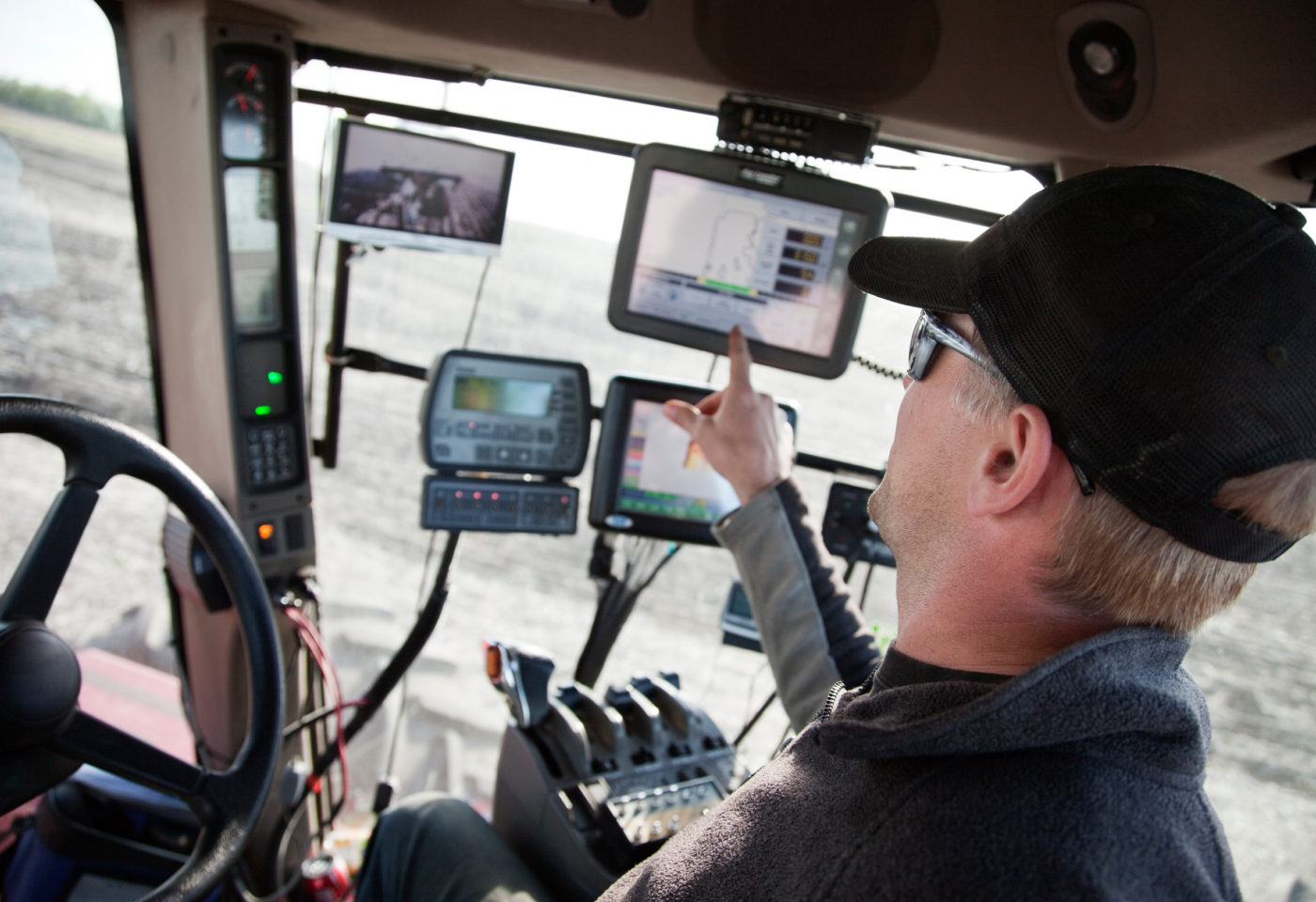By Carlo Dade
Published in the Hill Times
December 5, 2018
Farmers in North America generally did well in the new United States-Mexico-Canada Agreement (USMCA). But there is one nasty surprise buried in the agreement that should unite all Canadian farmers—intellectual property rules that prevent circumvention of digital locks on electronics including sophisticated farm equipment like tractors and combines that will apply to Canadian, but not to American, farmers.
Currently, in the middle of critical harvest time, a farmer in Emerson, Man., can look across the border to Pembina, N.D., and see a farmer there hack her tractor to fix a problem without consequence. But should the Manitoba farmer try this she would face serious sanction. Or more starkly, the Manitoba farmer could drive their tractor across the border to hack the software without problem or sanction, but should she drive the tractor back into Canada she would be driving into trouble.
The problem succinctly is that the modern tractor or combine contains more lines of code than was on any American lunar mission. In the past, when a tractor would break down a farmer would grab a wrench or call any local mechanic. But now when software stops a tractor—God forbid in the middle of harvest with a year’s income on the line—the farmer must wait for an authorized manufacturer’s service technician to drive out, “unlock” the software, diagnose and hopefully fix the problem; a problem that the farmer or local mechanic could have fixed if they could unlock the software. But digital locks now embedded within the tractor’s software mean that accessing this software is against the law for anyone other than a manufacturer-authorized repair person—anyone including the farmer who owns the equipment.
Protecting digital locks is an international standard largely pushed by the Americans born of attempts to prevent software and entertainment pirating. Canada and the U.S. are both party to the Anti-Counterfeiting Trade Agreement (ACTA) that created international standards for intellectual property rights to fight counterfeiting and piracy, which specifically requires signatories to prohibit circumvention of technological measures that restrict access to an author’s work. These digital lock provisions have been picked up by consumer electronic companies like Apple and farm equipment manufacturers. And, thanks to the Americans, have been a part of major trade agreements, notably the Comprehensive and Progressive Agreement for Trans-Pacific Partnership (CPTPP) and USMCA. These provisions were watered down in the CPTPP after the Americans withdrew but have returned in force in the USMCA.
But thanks to American pressure, Canada already has some of the strictest protections against breaking digital locks with recent court rulings making simply breaking a digital lock—without any actual or intended illegal distribution—a crime.
While rules have been getting stricter in Canada and will get further locked in by the USMCA, in the U.S., home to Hollywood and Silicon Valley, the federal copyright office recently granted a second three-year exemption to grant carves outs to owners of some electronic and transportation equipment including farm equipment to break digital locks to repair equipment that they own. Also, in the U.S., 17 states have legislation under consideration that would make invalid any end user licence agreement that punishes owners of electronics and farm equipment who break digital locks to repair equipment that they own. In essence, this legislation would prevent equipment manufacturers from using end user licence agreements as an end run around to usurp the right to access software granted by the federal copyright office.
The bottom lines is that American farmers can now access software on their equipment thanks to the exemption issued by the U.S. copyright office. Canadian farmers cannot. American farmers also have potential future protections on the horizon in pending state provisions. There is no such legislation pending in Canada.
Trade agreement and IP are national law and we need federal protections for farmers and third-party independent mechanics to access the software on farmers’ machines. And this needs to be in place before we ratify the USMCA or exemptions must be included in the implementation of the agreement. But there is also much that can be done at the provincial level. End user licence agreements that have become the key to enforcing these laws are state and provincial responsibilities. Solving this half of the problem will require provincial legislators in Canada and especially across the prairies to pick up the phone, call their colleagues in the U.S., find out what they are proposing for their constituents, and before we ratify the USMCA, make sure that Canadian farmers have the same protections.
Carlo Dade is director of the Trade and Investment Centre at the Canada West Foundation and a board member of the Plant Protein Alliance of Alberta.
